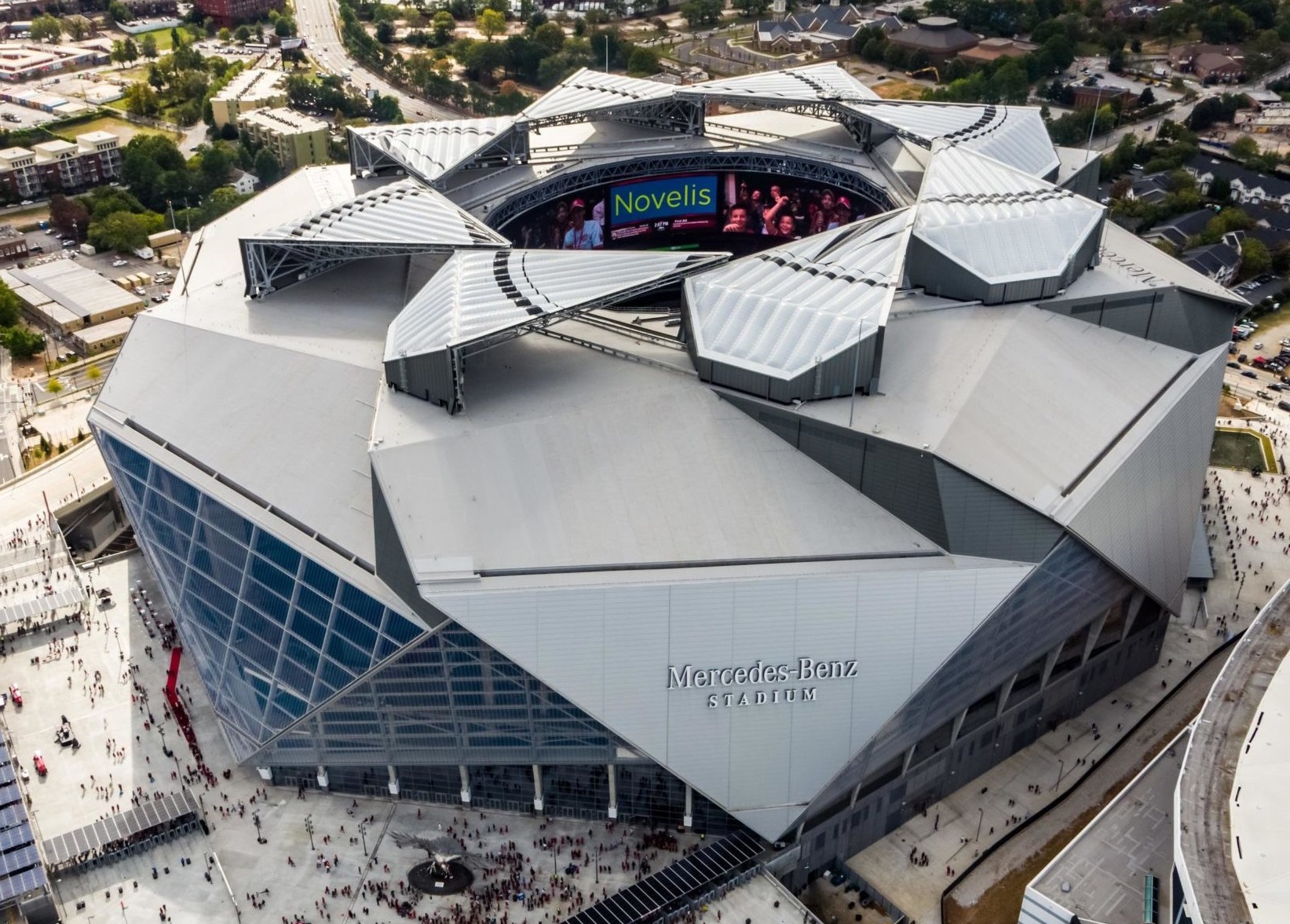Cast your Vote
Posted 3/10/2025
Taxpayer funds are often intermingled with those of private
businesses to construct or upgrade sports venues. Taxpayers foot a large
majority of the bill and have no say in the matter - the issue is never voted
on by the people. The taxpayer funds are given to professional sports
franchises in the form of government subsidies.
Public officials typically don't negotiate on behalf of the people for them to be included in profit sharing with major sports teams that make money from merchandising, television contracts, ticket sales, and concessions. This would explain why most franchises are based in cities with a large population as opposed to smaller, outlying towns. People are to trust that revenue will be brought to the town based on local business generated by a sporting event.

For the duration that an NFL team is in town, for example, the hope is that money made during the span of 8 games will balance out the costs associated with the venue. SoFi Stadium, located in Inglewood, California, is the most expensive stadium in the world and cost a staggering 5.5 billion dollars to build. SoFi Stadium is home to the Chargers, an NFL team that relocated from San Diego to Los Angeles, where more public funding was available.
Coincidentally, the cost of living in Los Angeles, California, is above the national average. Los Angeles is home to the Dodgers, Angels, Clippers, Lakers, Chargers, Kings, and a few others. Many feel that the money for these sporting venues could be better spent on community needs. Some feel that local education initiatives, community healthcare programs, and infrastructure would be a better allocation of public funds than stadiums like SoFi… Click Here.
On the other hand, it's argued that stadiums are good for the communities in which they are built because they bring in tourism dollars, create jobs, and stimulate growth of other businesses in the area. Construction of stadiums isn't exclusively for major sports teams because stadiums host a wide range of events as well.

